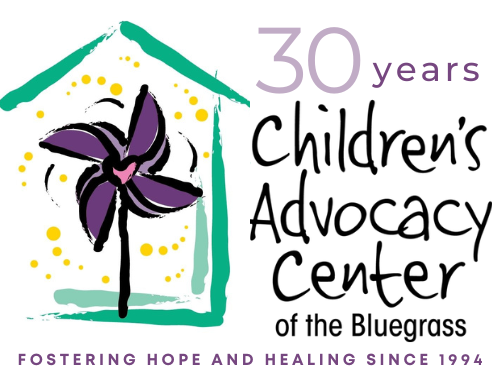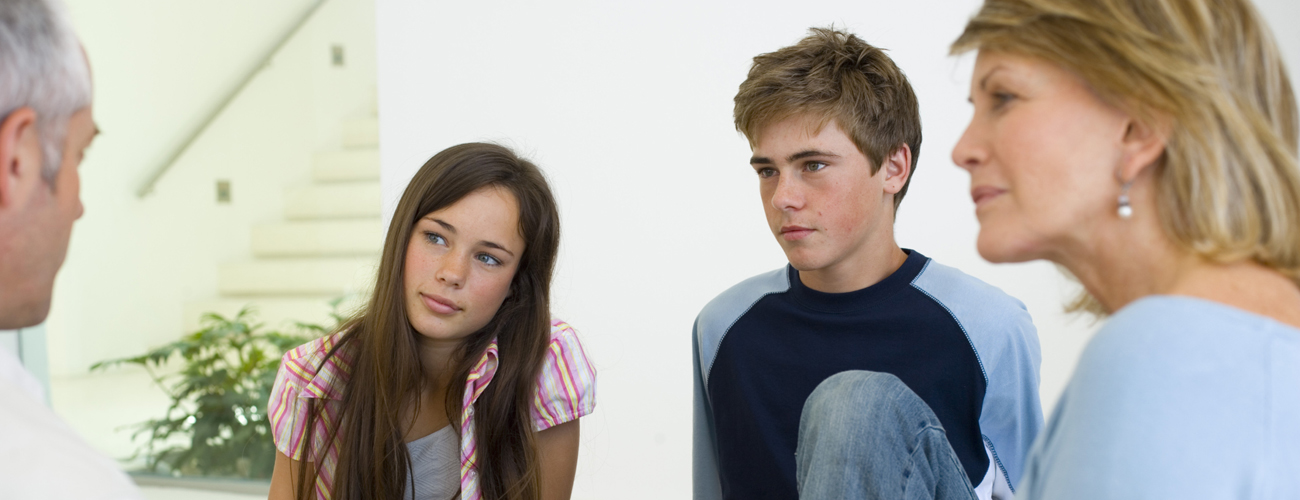Learn the Signs and Symptoms
All adults should learn the signs of abuse and to be vigilant in protecting children. While there are rarely physical signs that a child has been abused, changes in behaviors (eating, sleeping, school performance, etc.) and unexplained injuries can be cause for concern. Some children display risk-taking behaviors and others may display inappropriate sexual behaviors. For more information, click here.

